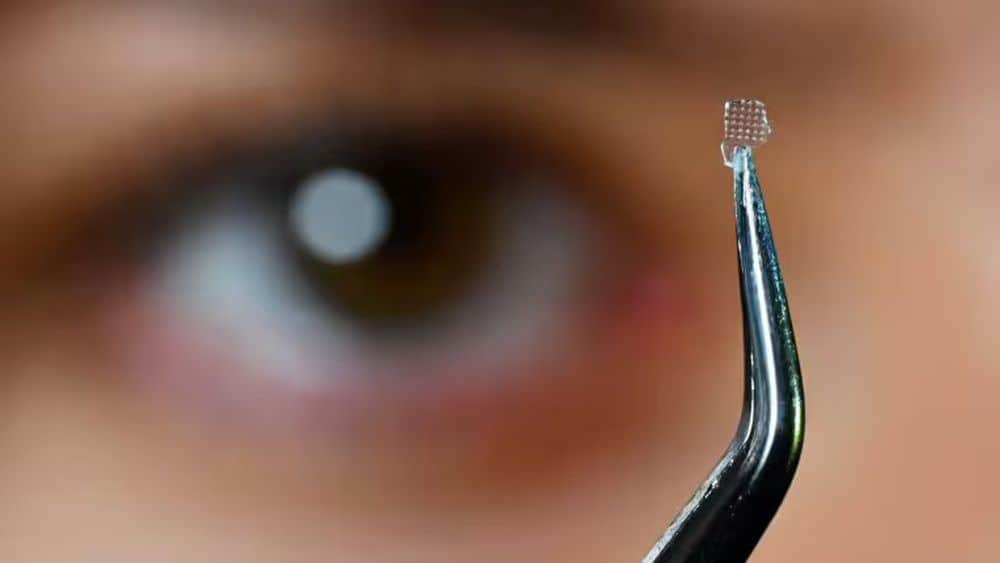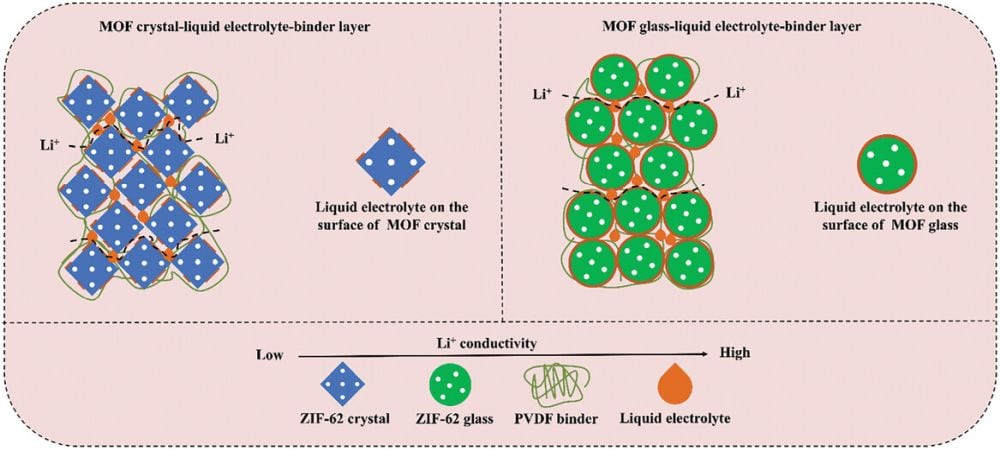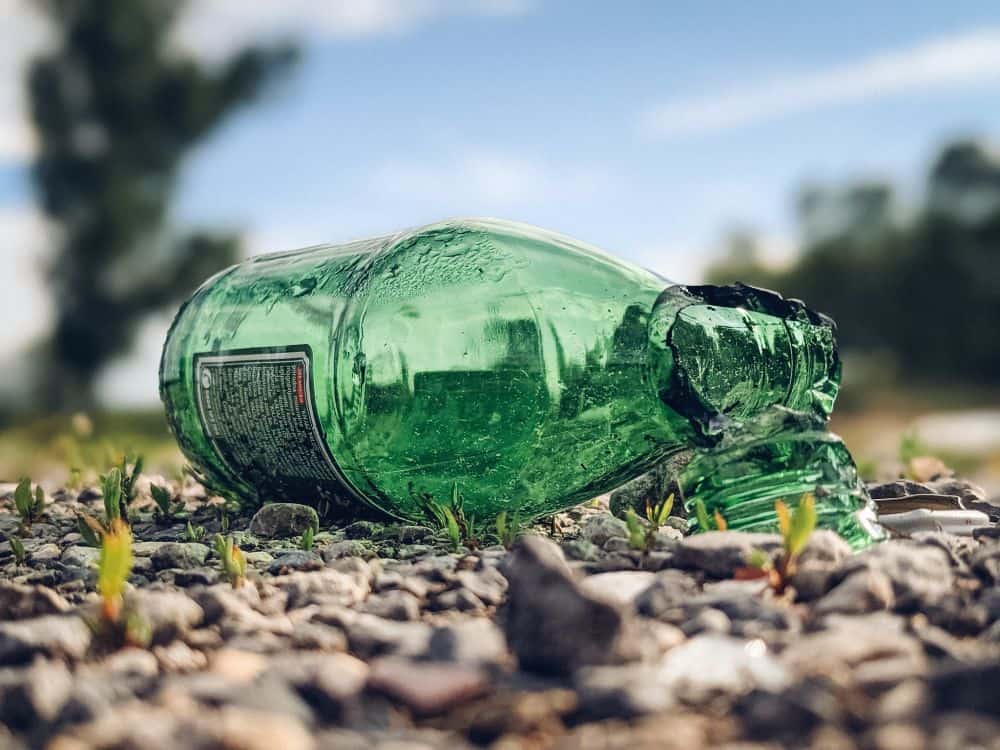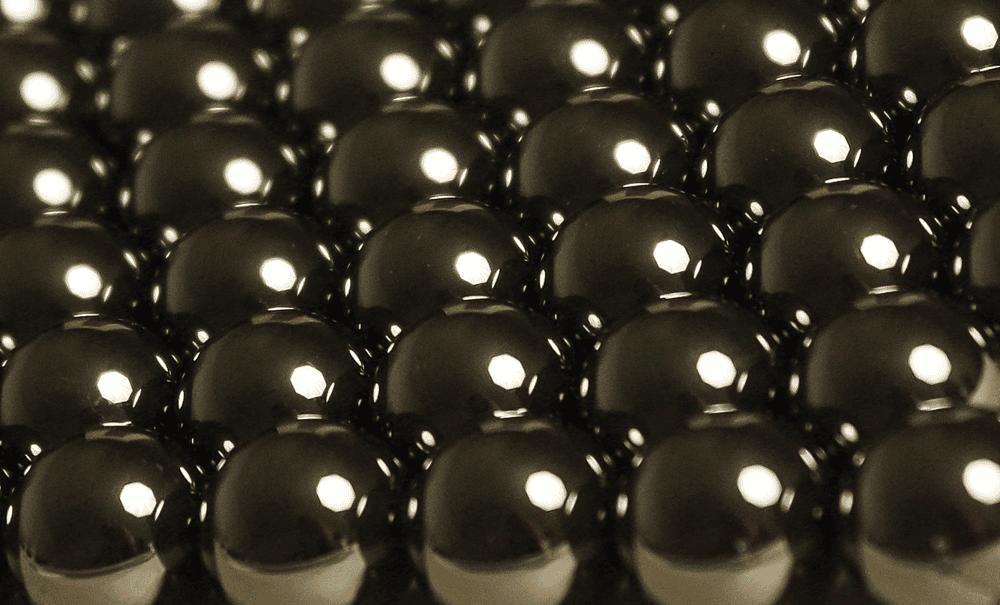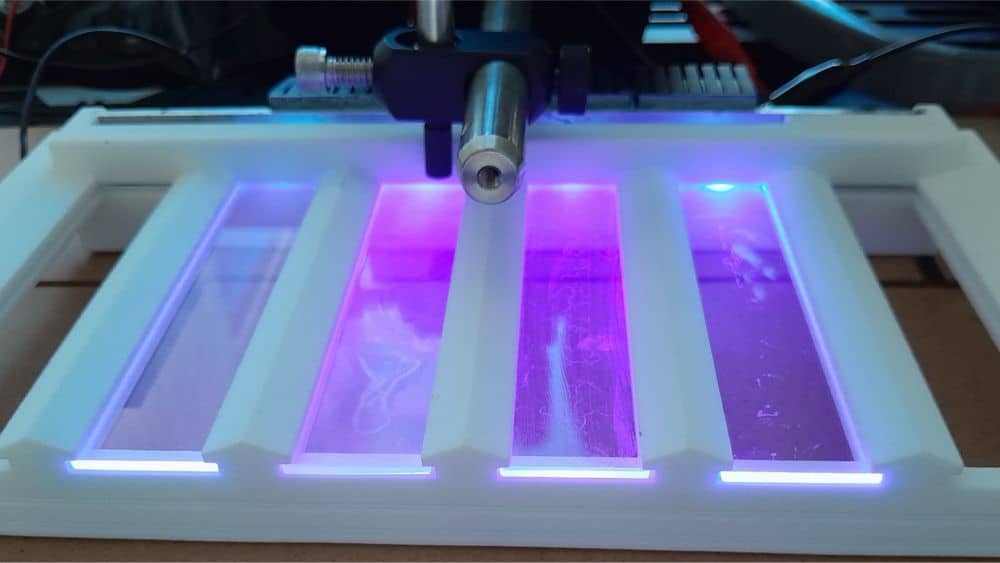In this year’s annual PV Module Index Report by the Renewable Energy Test Center, experts explain how the trend toward ultralarge and ultrathin solar installations is leading to an increase in spontaneous glass breakage even as the frequency and severity of hailstorms is escalating.
Read MoreOhio-based artist and businesswoman Fran Taylor played a major role in midcentury barware culture, and the recent revival of her business by a Lancaster-based couple aims to honor and promote her trailblazing legacy.
Read MoreGlass recycling rates have stagnated at approximately 30% in the United States. This CTT discusses some steps that can be taken to help keep glass from going to waste.
Read MoreThe 2024 Glass & Optical Materials Division Annual Meeting took place in Las Vegas, Nev., from May 19–23. The event welcomed more than 300 attendees for a week of talks and networking, and included the special appearance by an Elvis impersonator.
Read MoreIn anticipation of summer shopping, writers at Wirecutter recently published a list of the best drinking glasses of 2024.
Read MoreThe May 2024 issue of the ACerS Bulletin—featuring an overview of chalcogenide glasses—is now available online. Plus—approaches to sustainable glass processing.
Read MoreThough the tradition of creating grand stained-glass windows is less common than it was before, the art form remains an important part of our culture today. In April 2024, CTT is running a special three-part series on stained glass. Part 3 covers the revival of stained glass in the 19th and 20th centuries and its use today.
Read MoreBiofouling is a big problem for seafaring vessels, with the U.S. Navy spending millions each year in added fuel use and cleaning costs. Researchers led by the University of Massachusetts Amherst developed an ultraviolet-emitting glass that can effectively prevent biofilm formation.
Read More
